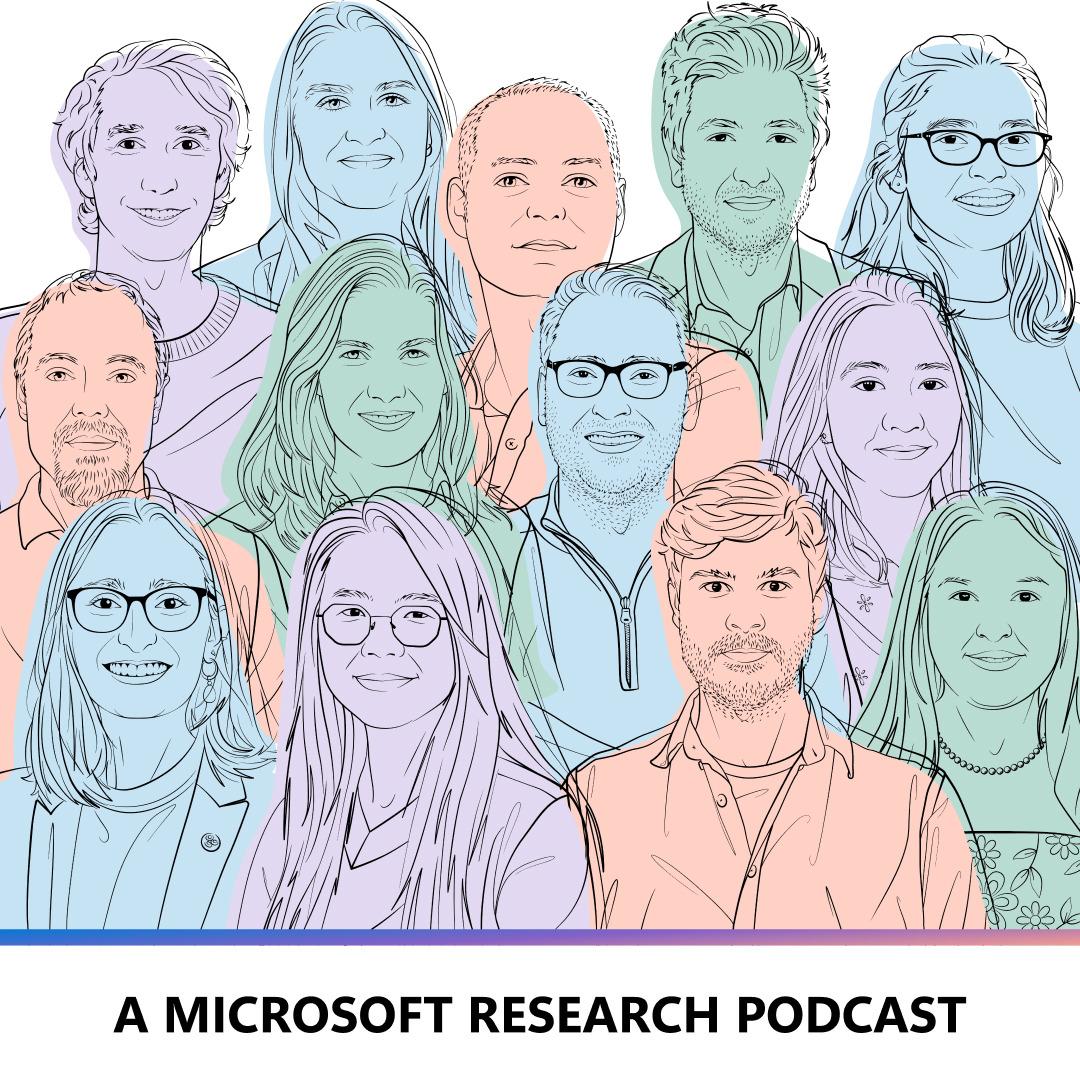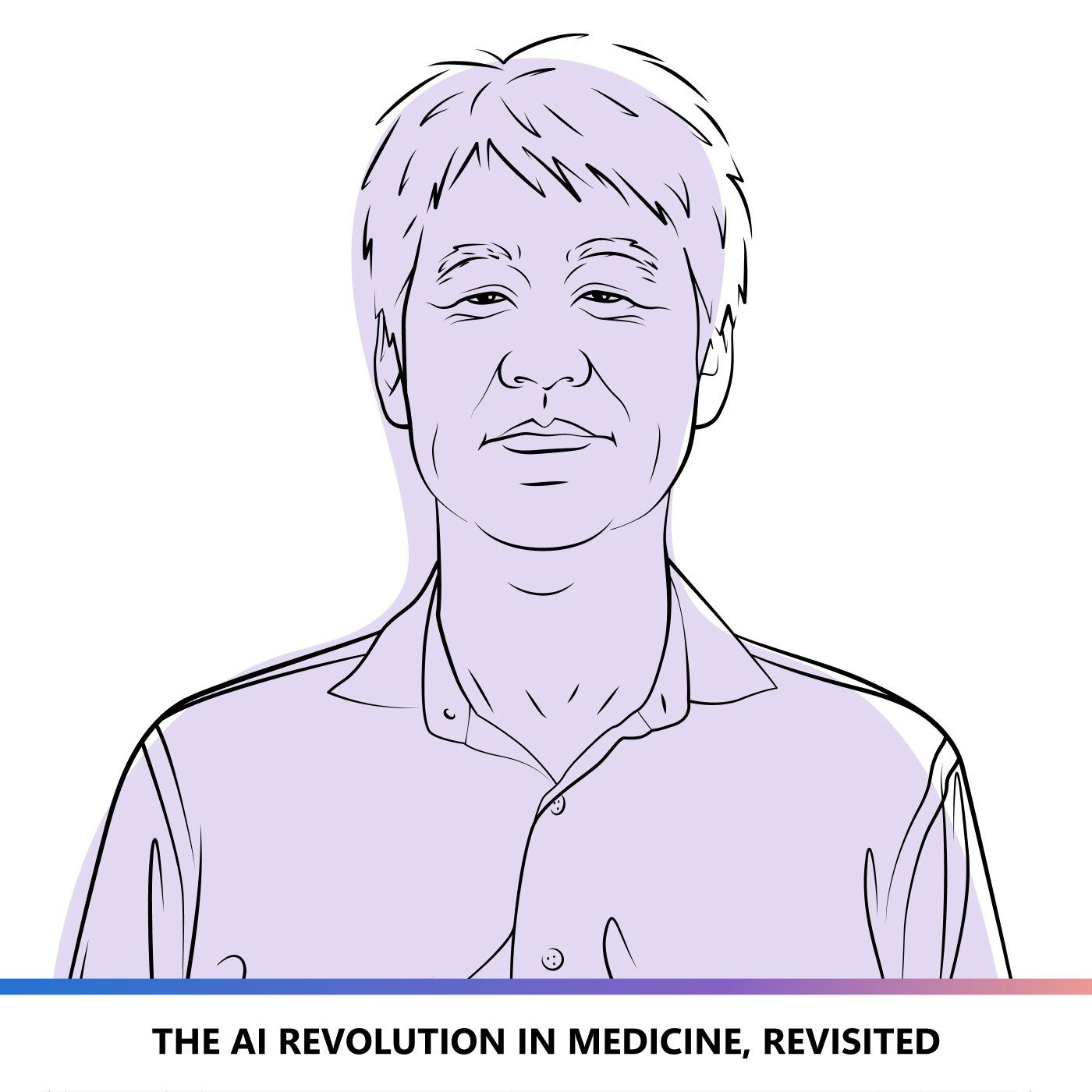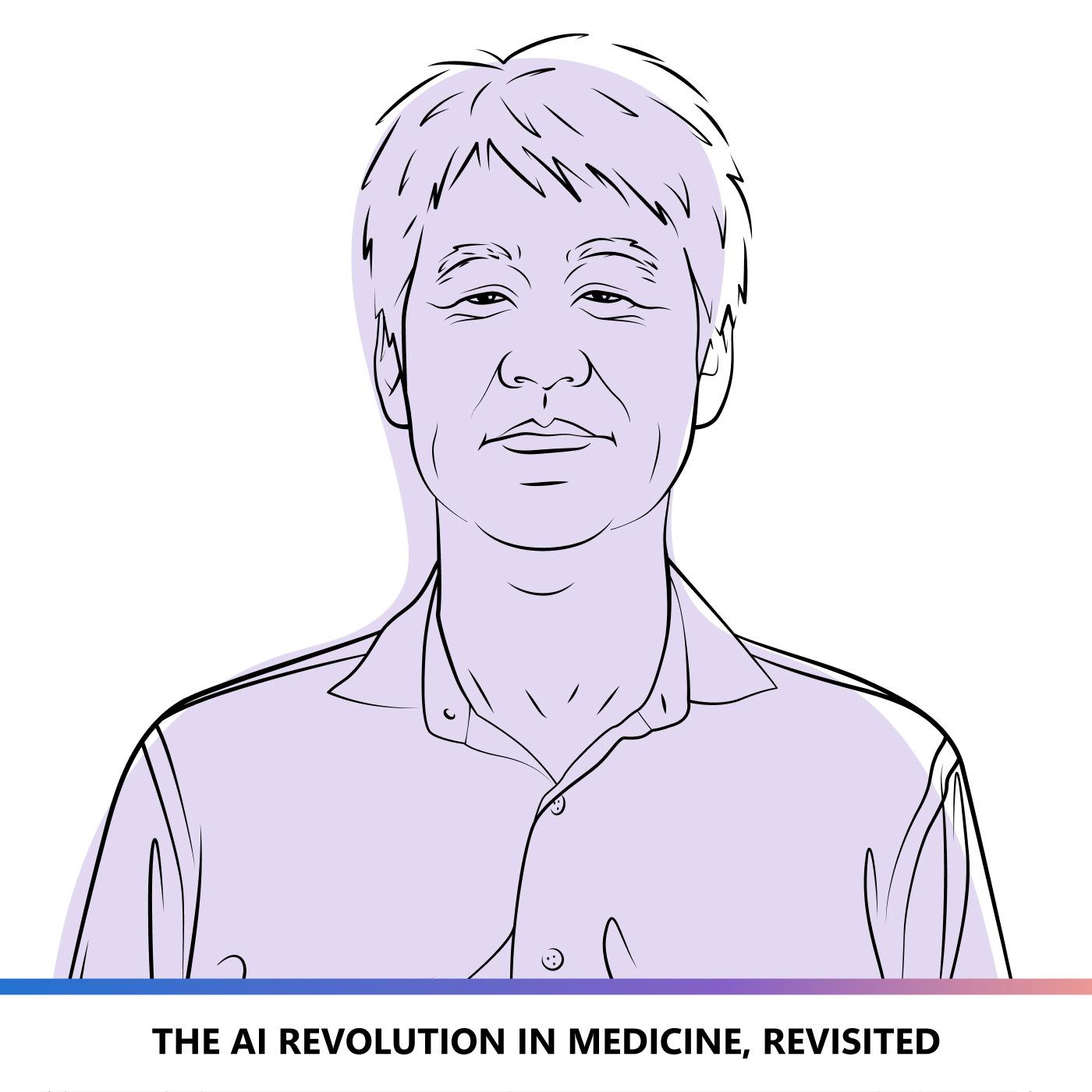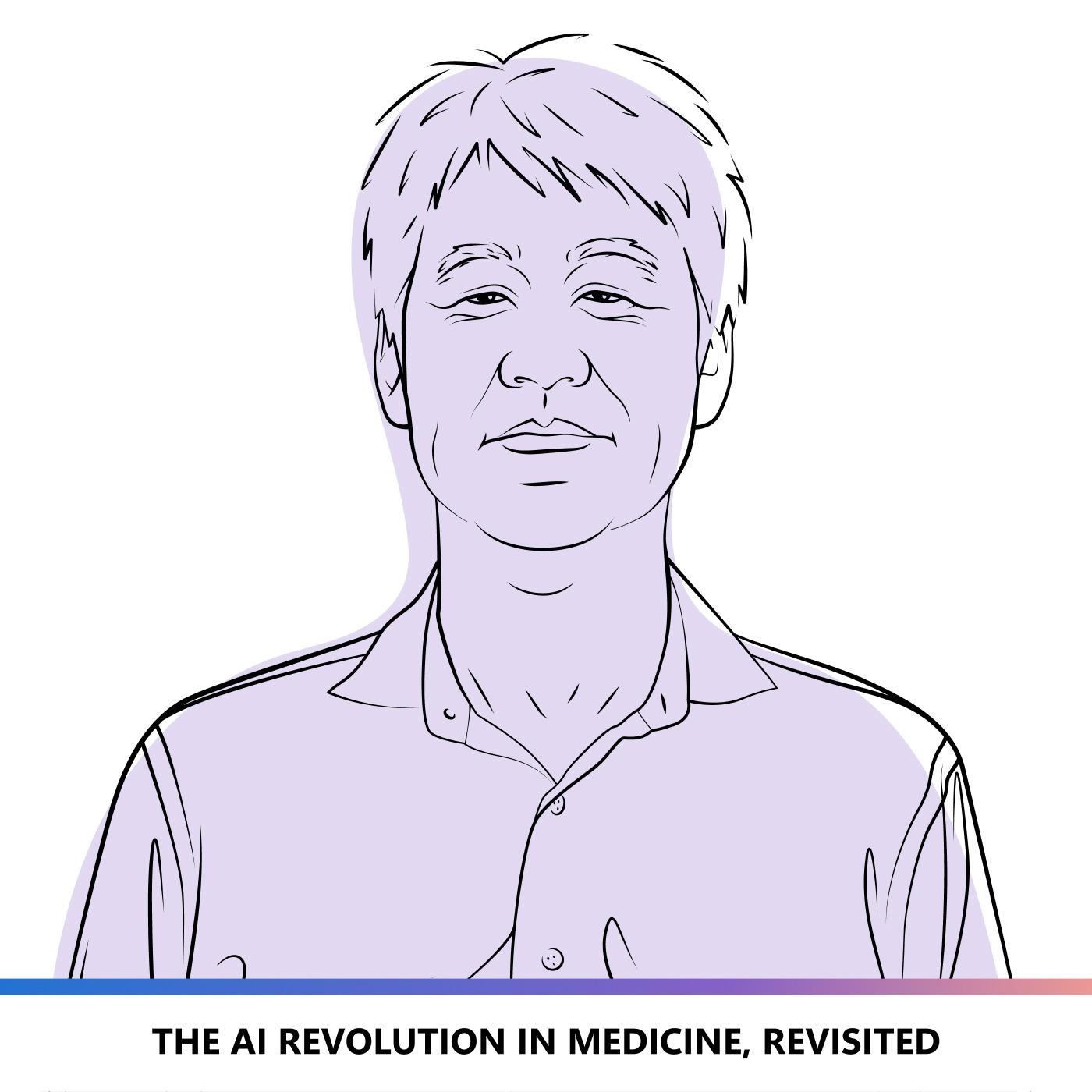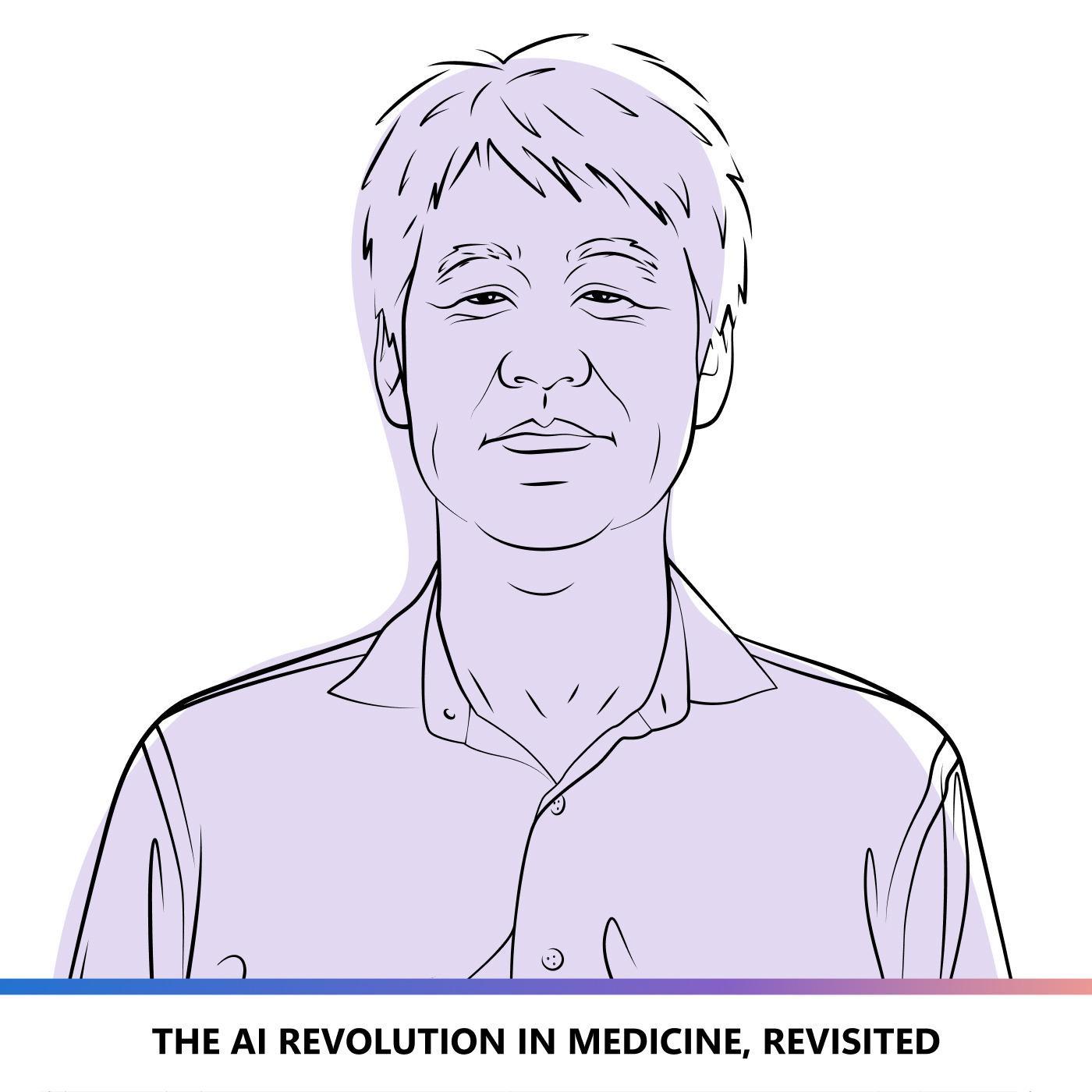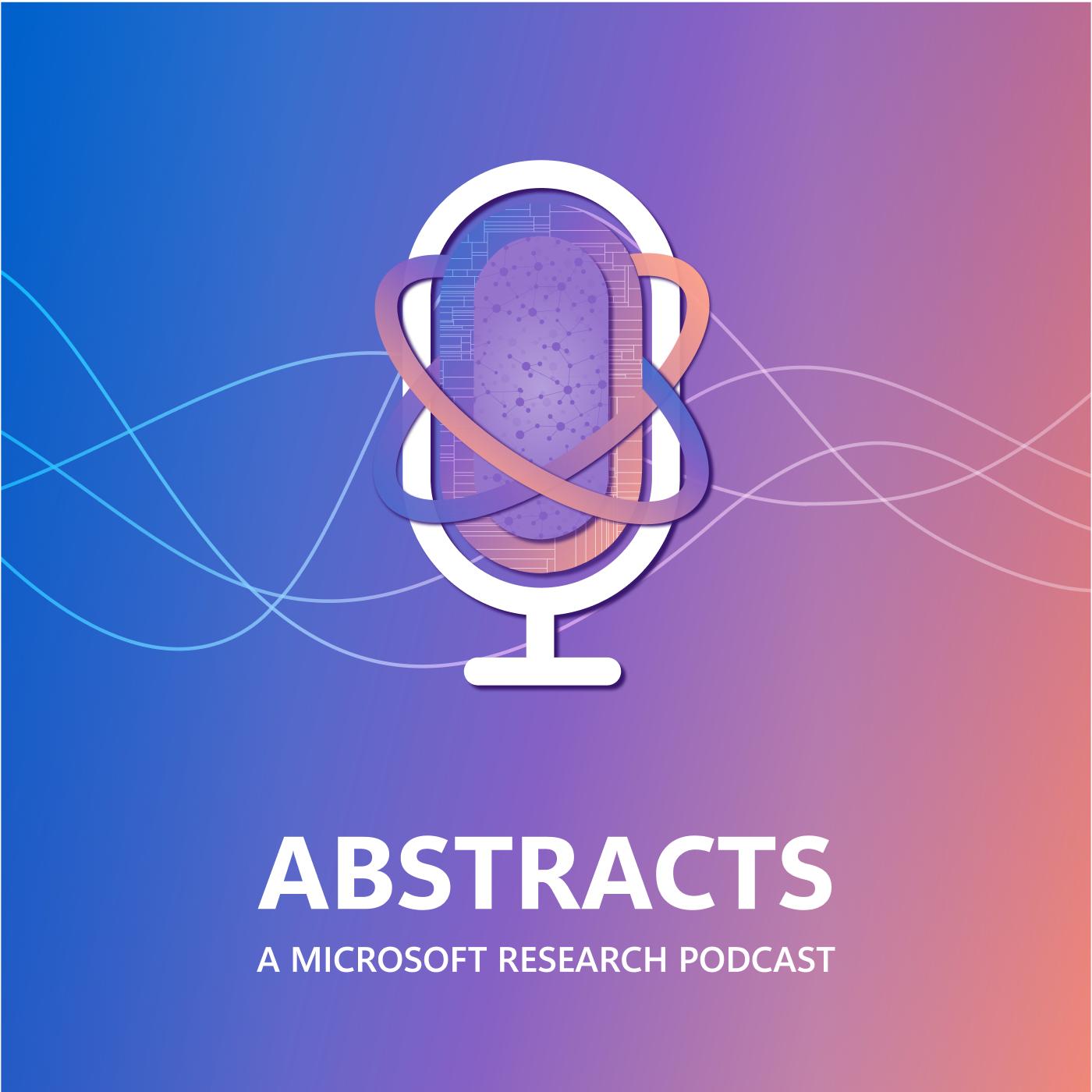Discover Microsoft Research Podcast
Microsoft Research Podcast

240 Episodes
Reverse
Microsoft’s Eric Horvitz and guests Bruce Wittmann, Tessa Alexanian, and James Diggans discuss the Paraphrase Project—a red-teaming effort that exposed and secured a biosecurity vulnerability in AI-driven protein design. The work offers a model for addressing AI’s dual-use risks.Show notes
For the series finale, Peter Lee, Carey Goldberg, and Dr. Zak Kohane compare their predictions to insights from the series’ most recent guests, including experts on AI’s economic and societal impact, leaders in AI-driven medicine, and doctors in training.Show notes
Former Washington State Secretary of Health Dr. Umair Shah and Mayo Clinic CEO Dr. Gianrico Farrugia explore how healthcare leaders are approaching AI when it comes to public health, care delivery, the healthcare-research connection, and the patient experience.Show notes
Next-generation physicians Morgan Cheatham and Daniel Chen discuss how generative AI is transforming medical education, exploring how students and attending physicians integrate new tools while navigating questions on trust, training, and responsibility.Show notes
In the series finale, Amanda Craig Deckard returns to examine what Microsoft has learned about testing as a governance tool. She also explores the roles of rigor, standardization, and interpretability in testing and what’s next for Microsoft’s AI governance work.Show notes: https://www.microsoft.com/en-us/research/podcast/ai-testing-and-evaluation-reflections/
Drawing on his previous work as the UK’s cybersecurity chief, Professor Ciaran Martin explores differentiated standards and public-private partnerships in cybersecurity, and Microsoft’s Tori Westerhoff examines the insights through an AI red-teaming lens.Show notes
Daphne Koller, Noubar Afeyan, and Dr. Eric Topol, leaders in AI-driven medicine, discuss how AI is changing biomedical research and discovery, from accelerating drug target identification and biotech R&D to helping pursue the “holy grail” of a virtual cell.Show notes
Professors Daniel Carpenter and Timo Minssen explore evolving pharma and medical device regulation, including the role of clinical trials, while Microsoft applied scientist Chad Atalla shares where AI governance stakeholders might find inspiration in the fields.Show notes
In this episode, Alta Charo, emerita professor of law and bioethics at the University of Wisconsin–Madison, joins Sullivan for a conversation on the evolving landscape of genome editing and its regulatory implications. Drawing on decades of experience in biotechnology policy, Charo emphasizes the importance of distinguishing between hazards and risks and describes the field's approach to regulating applications of technology rather than the technology itself. The discussion also explores opportunities and challenges in biotech’s multi-agency oversight model and the role of international coordination. Later, Daniel Kluttz, a partner general manager in Microsoft's Office of Responsible AI, joins Sullivan to discuss how insights from genome editing could inform more nuanced and robust governance frameworks for emerging technologies like AI.
In the introductory episode of this new series, host Kathleen Sullivan and Senior Director Amanda Craig Deckard explore Microsoft’s efforts to draw on the experience of other domains to help advance the role of AI testing and evaluation as a governance tool.
Technologists Bill Gates and Sébastien Bubeck discuss the state of generative AI in medicine, how access to “medical intelligence” might help empower people across healthcare, and how AI’s accelerating improvements are likely to affect both delivery and discovery.
Ethan Mollick and Azeem Azhar, thought leaders at the forefront of AI’s influence on work, education, and society, discuss the impact of AI at the individual level and what that means for the healthcare workforce and the organizations and systems in medicine.
The emergence of foundation models has sparked interest in applications to single-cell biology, but when tested in zero-shot settings, they underperform compared to simpler methods. Alex Lu shares insights on why more research on AI models is needed in biological applications.Show notes
A new Nature paper explores Aurora, an AI model that redefines weather prediction with application to other environmental domains such as tropical cyclones. Hear from senior researchers Megan Stanley and Wessel Bruinsma as they share their groundbreaking work.Read the paper
In this discussion, Matthew Lungren, Jonathan Carlson, Smitha Saligrama, Will Guyman, and Cameron Runde explore how teams across Microsoft are working together to generate advanced AI capabilities and solutions for developers and clinicians around the globe. Get started with Azure AI Foundry Labs
Peter Lee and his coauthors, Carey Goldberg and Dr. Zak Kohane, reflect on how generative AI is unfolding in real-world healthcare, drawing on earlier guest conversations to examine what’s working, what’s not, and what questions still remain.
Silicon has long borne the burden of heat transfer in electronics, but in a post-Moore’s Law world, researchers like Hongxia Hao and Bing Lv are using AI to discover and design next-generation materials that exceed the limits of silicon’s thermal conductivity.Read the paper
New AI models aren’t just changing the world of research; they’re also poised to impact society. Xing Xie talks about Societal AI, a white paper that explores the changing landscape with an eye to future research and improved communication across disciplines.Read the paper
Healthcare experts Laura Adams, Vardit Ravitsky, and Dr. Roxana Daneshjou discuss responsible AI implementation in medicine, examining governance approaches, shifting patient-provider relationships, and the identification of bias to ensure equitable deployment.
Evangelist for patient empowerment Dave deBronkart and Manatt Heath’s Christina Farr discuss how generative AI is redefining healthcare by empowering patients, challenging traditional care models, and creating new opportunities for innovation and collaboration.


